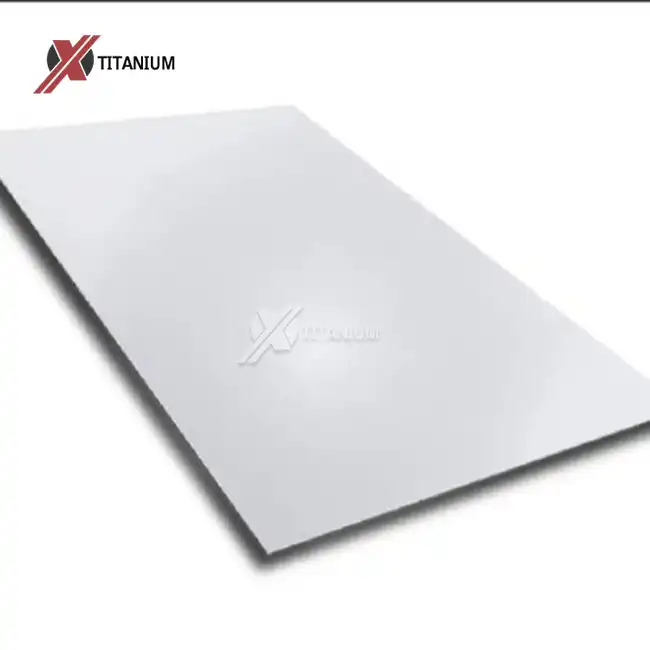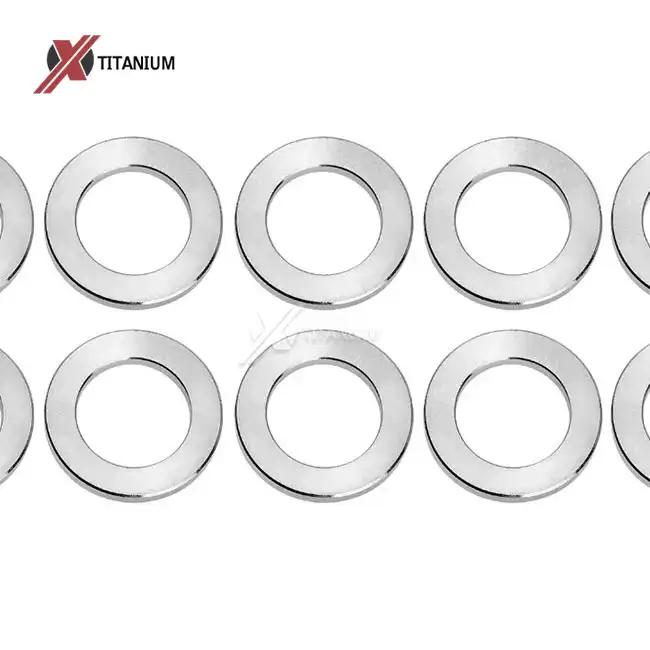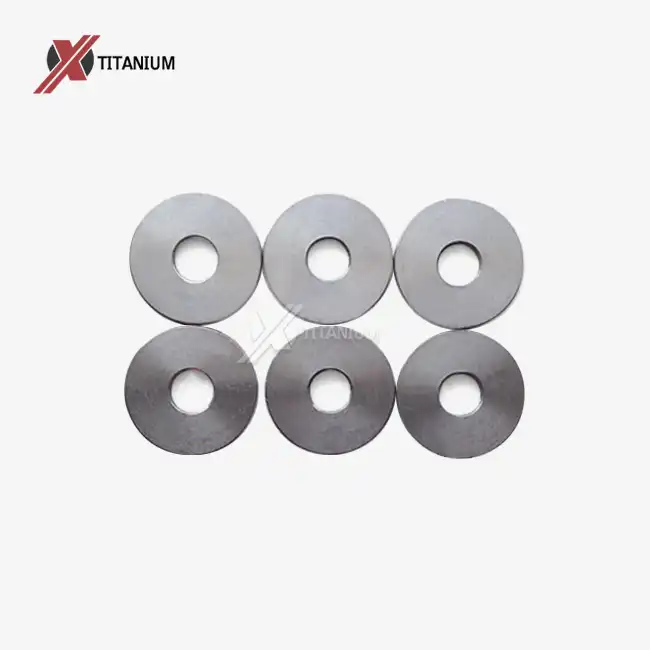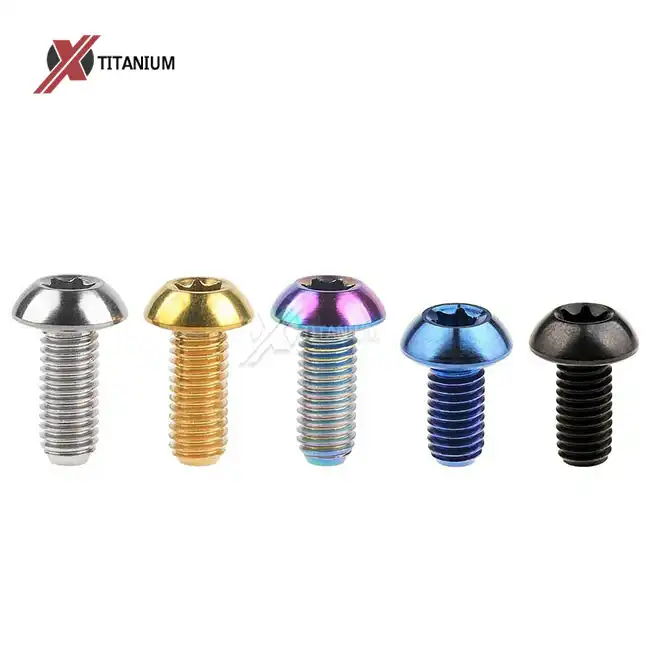- English
- French
- German
- Portuguese
- Spanish
- Russian
- Japanese
- Korean
- Arabic
- Greek
- German
- Turkish
- Italian
- Danish
- Romanian
- Indonesian
- Czech
- Afrikaans
- Swedish
- Polish
- Basque
- Catalan
- Esperanto
- Hindi
- Lao
- Albanian
- Amharic
- Armenian
- Azerbaijani
- Belarusian
- Bengali
- Bosnian
- Bulgarian
- Cebuano
- Chichewa
- Corsican
- Croatian
- Dutch
- Estonian
- Filipino
- Finnish
- Frisian
- Galician
- Georgian
- Gujarati
- Haitian
- Hausa
- Hawaiian
- Hebrew
- Hmong
- Hungarian
- Icelandic
- Igbo
- Javanese
- Kannada
- Kazakh
- Khmer
- Kurdish
- Kyrgyz
- Latin
- Latvian
- Lithuanian
- Luxembou..
- Macedonian
- Malagasy
- Malay
- Malayalam
- Maltese
- Maori
- Marathi
- Mongolian
- Burmese
- Nepali
- Norwegian
- Pashto
- Persian
- Punjabi
- Serbian
- Sesotho
- Sinhala
- Slovak
- Slovenian
- Somali
- Samoan
- Scots Gaelic
- Shona
- Sindhi
- Sundanese
- Swahili
- Tajik
- Tamil
- Telugu
- Thai
- Ukrainian
- Urdu
- Uzbek
- Vietnamese
- Welsh
- Xhosa
- Yiddish
- Yoruba
- Zulu
Why Aerospace Engineers Rely on Titanium Screws?
Aerospace engineers rely on titanium screws due to their exceptional combination of strength, lightweight properties, and corrosion resistance. Titanium alloy screws, particularly those made from Ti-6Al-4V (Grade 5), offer an unparalleled strength-to-weight ratio that is crucial in aircraft and spacecraft design. These screws maintain their integrity under extreme temperatures and pressures encountered during flight, while their resistance to fatigue and corrosion ensures long-term reliability. The aerospace industry's stringent safety standards and performance requirements make titanium alloy screws an indispensable component in modern aircraft construction and space exploration ventures.
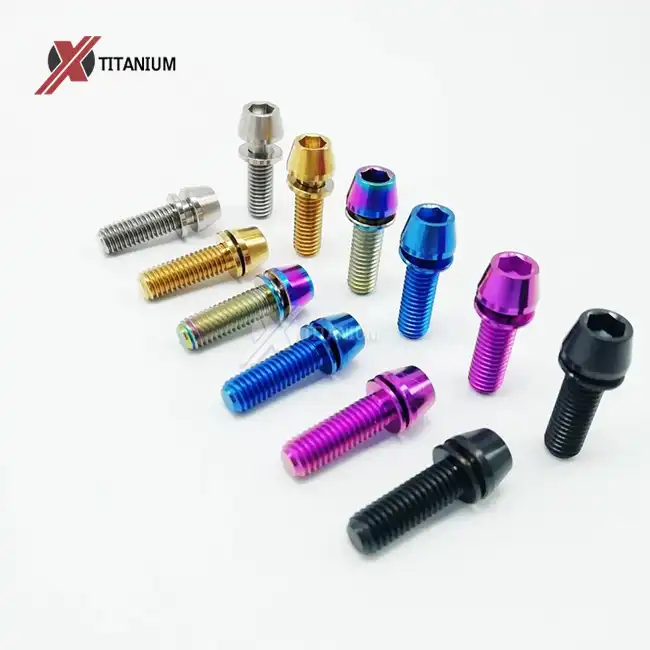
The Unique Properties of Titanium Alloy Screws in Aerospace Applications
Unrivaled Strength-to-Weight Ratio
Titanium alloy screws, particularly those crafted from Ti-6Al-4V (Grade 5), boast an impressive strength-to-weight ratio that sets them apart in the aerospace industry. This alloy combines titanium's inherent lightness with enhanced mechanical properties, resulting in fasteners that are approximately 40% lighter than their steel counterparts while maintaining comparable strength. The reduced weight of titanium alloy screws contributes significantly to the overall weight reduction of aircraft and spacecraft, leading to improved fuel efficiency and increased payload capacity.
The specific strength of titanium alloy screws, which can reach up to 900 MPa, allows aerospace engineers to design structures that can withstand immense forces without compromising on weight. This characteristic is particularly valuable in critical areas of aircraft such as engine mounts, wing attachments, and fuselage joints, where the distribution of stress is crucial.
Temperature Resistance and Thermal Stability
The aerospace environment subjects materials to extreme temperature fluctuations, from the frigid cold of high altitudes to the intense heat generated by engine exhaust and atmospheric reentry. Titanium alloy screws excel in this domain, maintaining their mechanical properties across a wide temperature range. The Ti-6Al-4V alloy, commonly used in aerospace-grade fasteners, retains its strength and structural integrity at temperatures up to 500°C (932°F), depending on the specific alloy composition.
This thermal stability is critical for the safe operation of aircraft and spacecraft. Titanium alloy screws used in engine components, for instance, can withstand the high temperatures generated during combustion without significant loss of strength or dimensional changes. Similarly, in spacecraft design, these screws maintain their reliability during the intense heat of atmospheric reentry, ensuring that critical components remain securely fastened throughout the mission.
Corrosion Resistance in Harsh Environments
The aerospace industry demands materials that can resist corrosion in diverse and often hostile environments. Titanium alloy screws meet this challenge with their exceptional resistance to corrosion, outperforming many other metallic fasteners. The naturally occurring titanium oxide layer that forms on the surface of these screws provides a robust barrier against chemical attack, making them highly resistant to saltwater, acids, and alkalis.
This corrosion resistance is particularly valuable in marine-based aircraft operations, where exposure to saltwater spray is common. Titanium alloy screws used in seaplane floats, landing gear components, and exterior fasteners maintain their integrity over extended periods, reducing maintenance requirements and enhancing the longevity of aircraft structures.
Manufacturing Processes and Quality Control for Aerospace-Grade Titanium Screws
Precision CNC Machining Techniques
The production of aerospace-grade titanium alloy screws demands exacting manufacturing processes to ensure consistent quality and performance. Computer Numerical Control (CNC) machining stands at the forefront of these techniques, allowing for the precise fabrication of screws with complex geometries and tight tolerances. The CNC process enables manufacturers to produce titanium alloy screws with exceptional thread accuracy, crucial for achieving proper preload and preventing loosening under vibration.
Advanced CNC machines equipped with specialized cutting tools designed for titanium alloys can efficiently shape the raw material into finished screws. The process often involves multiple stages, including turning, threading, and head forming, all precisely controlled to meet aerospace specifications.
Surface Treatments for Enhanced Performance
While titanium alloy screws possess inherent corrosion resistance, aerospace applications often require additional surface treatments to further enhance their properties. Anodizing is a common treatment applied to titanium alloy screws, creating a controlled oxide layer that increases corrosion resistance and provides a base for color coding. This color-coding capability is particularly useful in aerospace assembly, allowing for quick identification of screw grades and sizes.
Other surface treatments, such as nitriding, can be employed to improve the wear resistance and surface hardness of titanium alloy screws. This process creates a thin, hard layer on the screw's surface, enhancing its durability in high-stress applications.
Rigorous Quality Control and Testing Protocols
The aerospace industry's uncompromising safety standards necessitate stringent quality control measures in the production of titanium alloy screws. Manufacturers implement comprehensive testing protocols to verify the mechanical properties, dimensional accuracy, and overall quality of each batch of screws. These tests often include tensile strength evaluations, hardness measurements, and fatigue resistance assessments to ensure compliance with aerospace specifications.
Non-destructive testing methods, such as X-ray inspection and ultrasonic testing, are frequently employed to detect any internal defects or inconsistencies in the titanium alloy screws. Additionally, lot traceability systems are implemented to track each screw from raw material to final installation, providing a complete history of the manufacturing process and quality checks performed.
Future Trends and Innovations in Aerospace Titanium Fastener Technology
Advancements in Alloy Compositions
The aerospace industry's continuous pursuit of improved performance is driving research into new titanium alloy compositions for fasteners. Scientists and metallurgists are exploring novel combinations of elements to create titanium alloys with even higher strength-to-weight ratios, improved temperature resistance, and enhanced fatigue properties. These next-generation alloys aim to push the boundaries of what's possible in aerospace design, potentially enabling the creation of more efficient and capable aircraft and spacecraft.
One area of focus is the development of beta titanium alloys, which offer higher strength and better formability than traditional alpha-beta alloys like Ti-6Al-4V. These advanced alloys could lead to titanium screws capable of withstanding even greater loads while maintaining the lightweight characteristics that make titanium so valuable in aerospace applications.
Integration of Smart Technologies
The concept of "smart fasteners" is gaining traction in the aerospace industry, with titanium alloy screws at the forefront of this innovation. By incorporating sensors and microelectronics into titanium fasteners, engineers can create screws capable of monitoring their own condition and the structural health of the components they secure. These smart titanium alloy screws could provide real-time data on stress, temperature, and loosening, enabling predictive maintenance and enhancing overall aircraft safety.
Furthermore, the integration of shape memory alloys into titanium fastener designs is being explored. This technology could allow screws to change shape or tighten automatically in response to temperature changes or applied loads, providing adaptive performance in varying flight conditions.
Sustainable Manufacturing and Recycling Initiatives
As the aerospace industry increasingly focuses on sustainability, efforts are underway to improve the environmental footprint of titanium alloy screw production. Additive manufacturing techniques, such as 3D printing, are being refined to create titanium fasteners with minimal material waste. This approach not only conserves valuable titanium resources but also allows for the rapid prototyping and production of custom fasteners for specific aerospace applications.
Recycling initiatives for titanium alloy screws are also gaining momentum. The high value of titanium and its alloys makes recycling economically viable, and aerospace companies are developing processes to reclaim and reprocess titanium fasteners from decommissioned aircraft.
Conclusion
Titanium alloy screws have become an indispensable component in aerospace engineering, offering a unique combination of strength, lightweight properties, and corrosion resistance that is critical for modern aircraft and spacecraft design. As the aerospace industry continues to push the boundaries of performance and efficiency, the role of these advanced fasteners will only grow in importance.
For more information about titanium alloy screws and other titanium products for aerospace applications, please contact us at info@cltifastener.com or djy6580@aliyun.com. Our team of experts is ready to assist you in finding the perfect titanium solutions for your aerospace engineering needs.
References
1. Peters, M., Kumpfert, J., Ward, C. H., & Leyens, C. (2003). Titanium alloys for aerospace applications. Advanced Engineering Materials, 5(6), 419-427.
2. Boyer, R. R. (1996). An overview on the use of titanium in the aerospace industry. Materials Science and Engineering: A, 213(1-2), 103-114.
3. Inagaki, I., Takechi, T., Shirai, Y., & Ariyasu, N. (2014). Application and features of titanium for the aerospace industry. Nippon Steel & Sumitomo Metal Technical Report, 106, 22-27.
4. Lutjering, G., & Williams, J. C. (2007). Titanium (2nd ed.). Springer-Verlag Berlin Heidelberg.
5. Campbell, F. C. (2006). Manufacturing technology for aerospace structural materials. Elsevier.
Learn about our latest products and discounts through SMS or email
